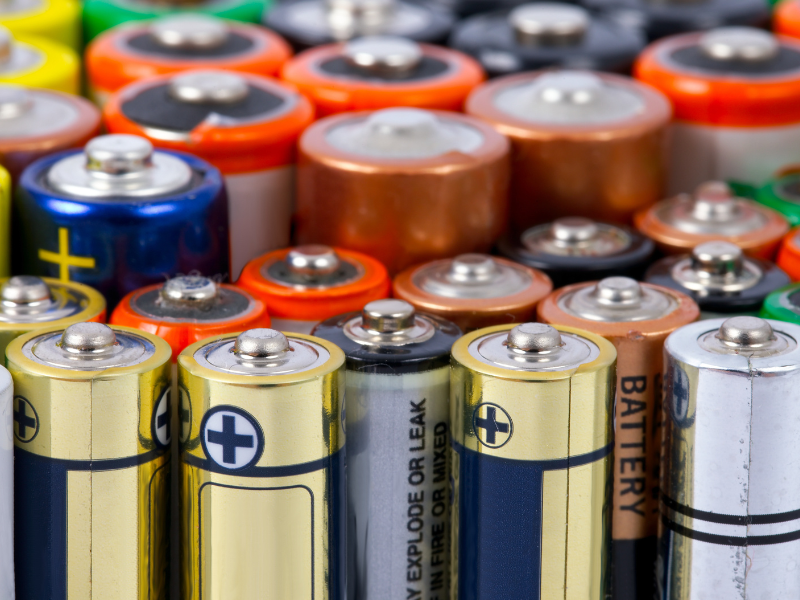Most electronics today come with built-in batteries, and it’s common to plug in devices overnight to keep them charged. However, many children's toys still require standard AA batteries to operate. These toys often come with the label "batteries not included." Keeping spare batteries on hand for emergencies, or to keep the kids entertained, is always a good idea. If there's a power outage and you can't charge your phone, the flashlight app won't be much help. Instead, you'll need to find a working flashlight—and hopefully, the batteries still work! It’s essential to have spare batteries nearby, just in case.
Battery Storage Tips
- Store batteries in a cool, dry place such as a closet or basement.
- Keep the terminals separated to prevent accidental electrical conduction; tape the ends if necessary.
- Maintain a storage temperature of room temperature or below.
- Storing batteries in the refrigerator is acceptable, but avoid excessive humidity.
- Consider buying a storage case to keep everything organized in one place.
- Separate batteries by size and type (AA, AAA, 9-volt, etc.).
- Avoid storing new and used batteries together.
- When possible, keep batteries in their original packaging to reduce the risk of contact with metal objects.
- Control humidity levels in the storage area (35-65%) to prevent condensation, which can damage batteries.
- Do not store batteries in metal boxes or alongside other metal items, as this could cause short circuits.
- Use a closed plastic case for added protection if available.
- Remove batteries from toys and electronics between uses to extend their lifespan.

Battery Disposal Tips
- Alkaline batteries manufactured after 1996 are generally safe to dispose of in the trash, as they contain mostly non-hazardous materials. However, some areas may still require them to be recycled.
- Car batteries should always be recycled due to their lead-acid content. Many auto shops or home improvement stores offer recycling services for car batteries.
- Rechargeable batteries, such as nickel-cadmium (NiCd) and nickel-metal hydride (NiMH), contain hazardous materials and must be recycled.
- Most electronics stores accept rechargeable batteries for recycling.
- Cell phones and tablets contain lithium-ion batteries, which should be recycled or donated to discount retailers.
- The EPA provides a list of retailers that recycle electronic battery components.
- Watch batteries contain toxic metals and hazardous materials, so they should always be recycled and never thrown away.
- Use Earth911.com to find local battery recycling centers in your area.
- Battery disposal rules can vary by region, so check with your local government to understand the rules in your area.












